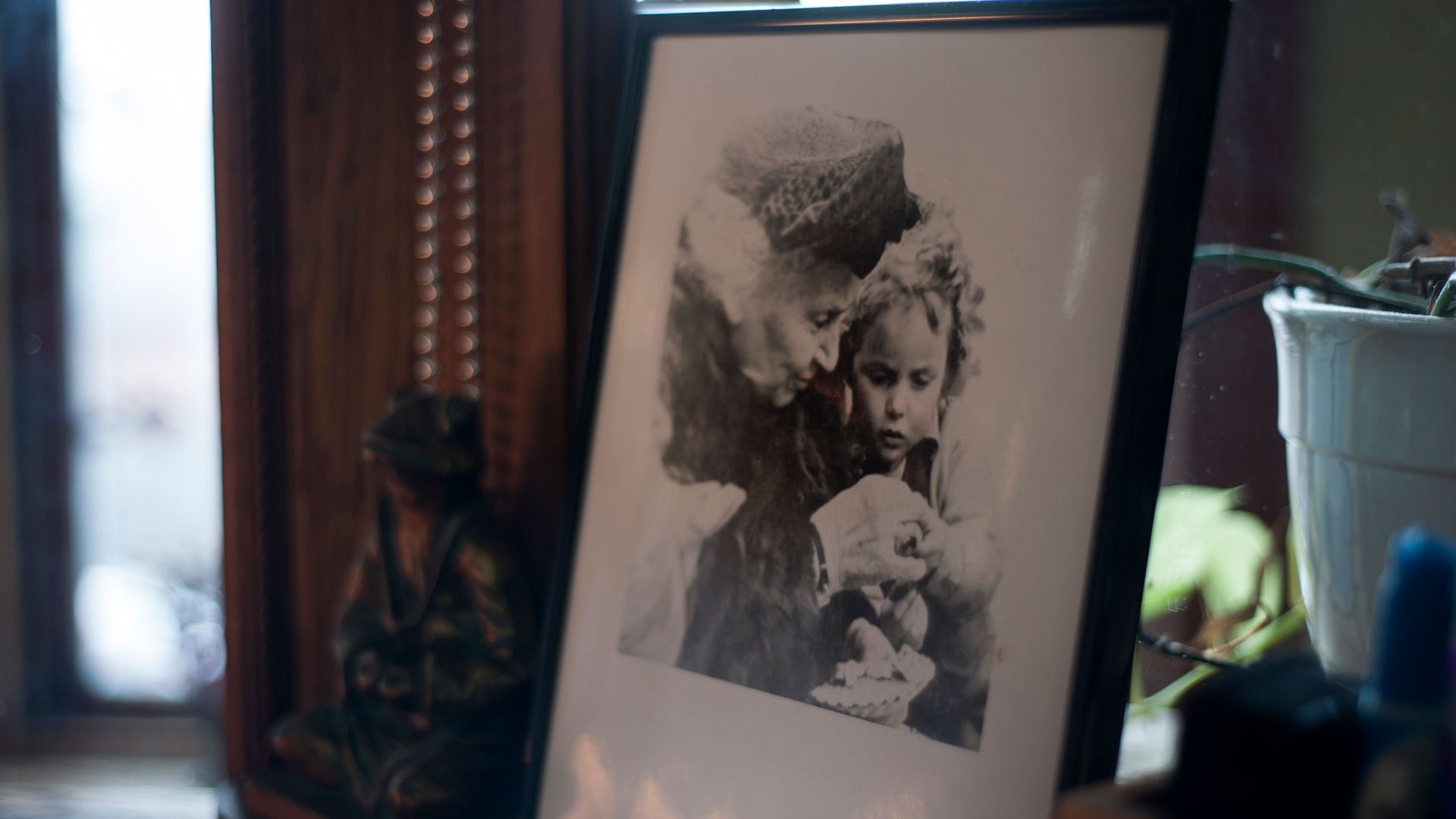
Dr. Maria Montessori
Maria Montessori: A Visionary Educator
Maria Montessori (1870–1952) was a visionary educator, physician, and advocate for children whose innovative Montessori Method transformed how we think about learning. Born in Chiaravalle, Italy, Maria defied the norms of her time, becoming one of Italy’s first female physicians in 1896. Her work in psychiatry and pediatrics sparked a lifelong passion for education, particularly for children often overlooked by traditional systems. This passion would lead her to reshape the foundations of early childhood education.
The Birth of the Montessori Method
In 1907, Maria opened the first ‘Casa dei Bambini’ (Children’s House) in a humble Roman neighborhood, where she carefully observed how children naturally learn and thrive. From these observations, she developed a revolutionary approach to education—one that encouraged hands-on discovery, independence, and collaboration. Her classrooms featured thoughtfully designed materials and a “prepared environment” where children could explore at their own pace. This child-centered philosophy became the heart of the Montessori Method, a framework that empowers children to take charge of their own learning.
Education as a Tool for Peace and Growth
Maria’s belief in the boundless potential of every child was the cornerstone of her work. She envisioned education as a tool for nurturing not just knowledge but also empathy, creativity, and a lifelong love of learning. Through her groundbreaking book, “The Montessori Method” (1912), she shared her vision with the world, inspiring educators to embrace the role of a guide who supports and respects each child’s unique journey.
As her approach gained international acclaim, Maria dedicated her life to spreading its impact. She traveled extensively, training teachers and championing the idea that education could be a force for peace. Even in the face of political challenges, Maria remained steadfast, believing that empowering children was the key to a brighter, more compassionate future.
Montessori’s Lasting Influence
Many prominent innovators today attribute their success to their Montessori education, which encouraged them to pursue their passions, think independently, and carve out their own unique paths. Some well-known individuals who attended Montessori schools include Taylor Swift, Beyoncé, George Clooney, Stephen Curry, Anne Frank, Gabriel García Márquez, Julia Child, David Blaine, Jacqueline Kennedy Onassis, Google co-founders Larry Page and Sergey Brin, Amazon founder Jeff Bezos, Washington Post owner and editor Katherine Graham, video game pioneer Will Wright, and Wikipedia co-founder Jimmy Wales, among many others. Stephen Curry has spoken about how his Montessori experience shaped who he is today, saying, "Montessori gave me a lot of confidence at a young age. I used to love coming to school because there was always something new to learn." Will Wright also reflected on the lasting influence of his Montessori background, saying, "Montessori taught me the joy of discovery."
Maria Montessori’s Enduring Legacy
Today, Maria Montessori’s legacy lives on in thousands of schools worldwide, where her timeless principles continue to inspire generations of curious, confident, and capable learners. Her life’s work stands as a testament to her unwavering faith in the transformative power of education and the incredible potential within every child.

